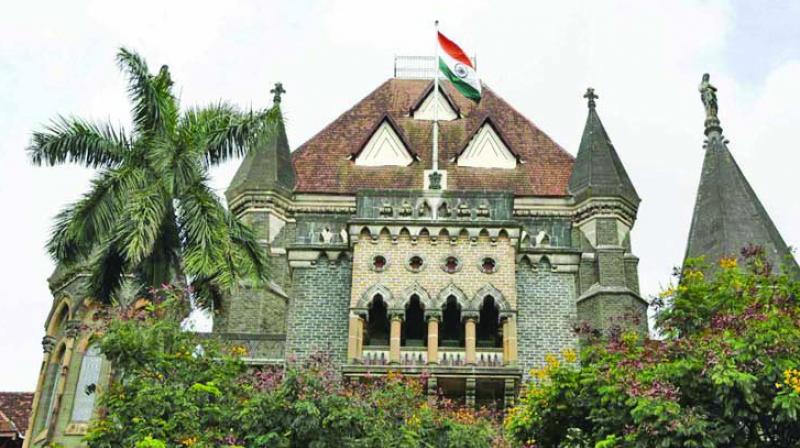All prisoners entitled to 14 days' emergency parole: Bombay HC
The bench then issued direction to the jail authorities to record reasons if they wished to grant parole of less than 14 days.;

Mumbai: The Bombay high court has held that all prisoners are entitled to 14 days’ emergency parole even if they do not qualify for furlough and regular parole. At the same time, the court made it clear that prisoners on death row and foreign nationals cannot avail this benefit.
The HC issued this direction while hearing a writ petition filed by convicts Dilip Pawar and Muzammil Shaikh, claiming that prison authorities had granted them very short parole after the death of their respective fathers in January 2019.
The division bench of Justice Abhay Oka and Justice A.S. Gadkari said, “Even if a prisoner attracts disqualification for grant of furlough, emergency parole cannot be denied to him.”
The bench said that the prison authorities can’t insist that while on parole, the convict spend time with his family only during day and then spend the night in a nearby jail.
“Such restrictions are not allowed; the aim of granting emergency parole is that convicts can spend or remain in the company of their family members in case of the death of close relatives and can attend the funeral,” said the court.
The court expressed displeasure when it came to know that convict Pawar, lodged at Nashik prison, was granted only two days’ parole despite being required to travel 550km to reach his native place from the jail. He could not even complete the journey during the parole leave.
The bench then issued direction to the jail authorities to record reasons if they wished to grant parole of less than 14 days. The jail authorities would also have to record brief reasons for granting parole under police escort, as the prisoner was required to pay the police escort charges.
Under rule 19(1), emergency parole for 14 days can be granted on account of death of a parent, grandparent, spouse, child or sibling. It can also be granted on account of marriage of a sibling or a child. The jail authorities have the discretion to grant parole either with or without a police escort, at the prisoner’s expense.


